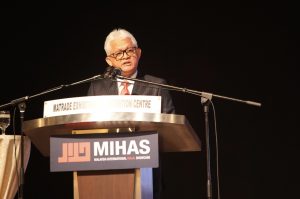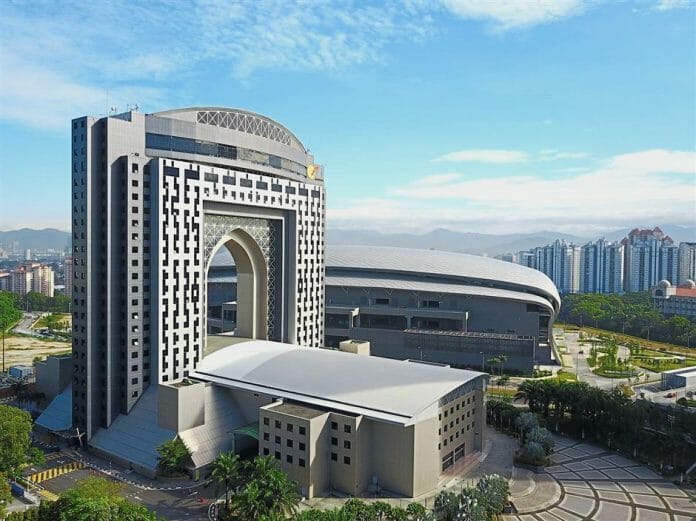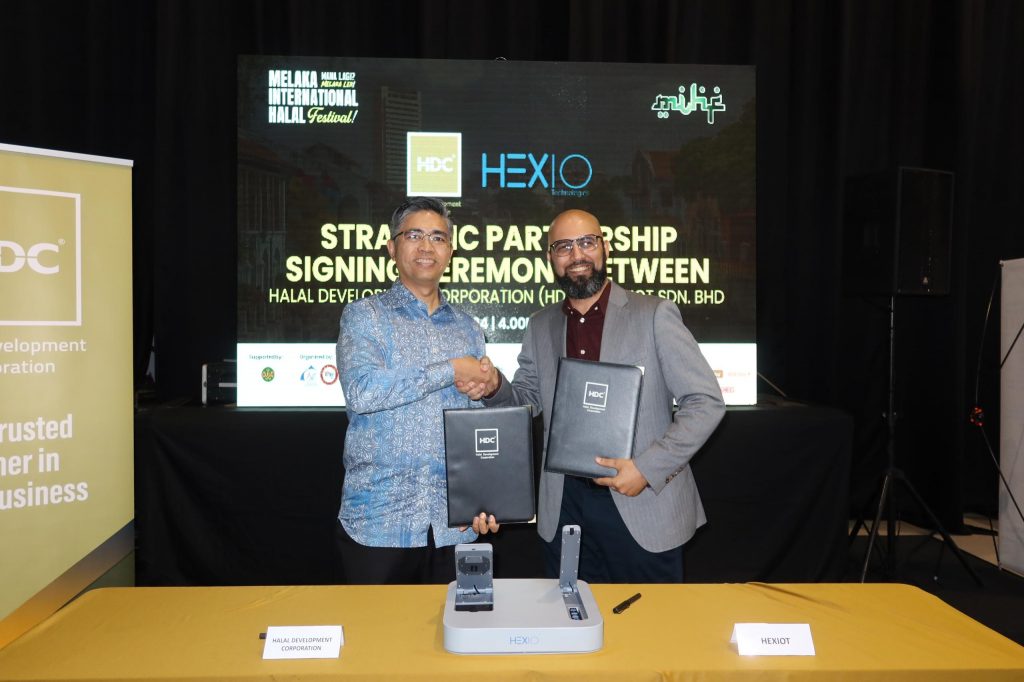 KUALA LUMPUR, April 3 (Bernama) — Halal Industry Development Corp (HDC) is confident the exports of halal products from small and medium enterprises (SMEs) will grow by five per cent this year from RM33 billion in 2012, said chief executive officer, Datuk Seri Jamil Bidin.
KUALA LUMPUR, April 3 (Bernama) — Halal Industry Development Corp (HDC) is confident the exports of halal products from small and medium enterprises (SMEs) will grow by five per cent this year from RM33 billion in 2012, said chief executive officer, Datuk Seri Jamil Bidin.
He said the export figures for halal ingredients last year were almost the same as for halal food, which were RM12 billion and would improve this year.
“The target is achievable as we see the markets in China and Indonesia have improved and the demand for the halal products has also increased, especially the halal ingredients,” he told a media briefing at the World Halal Week Kuala Lumpur Conference 2013 here Wednesday.
HDC today signed strategic partnership agreements with Design Development Centre (DDEC), a unit of Majlis Amanah Rakyat (MARA), for the provision of services to improve packaging of halal products and with Sirim Bhd unit, SIRIM-QAS International, for gap analysis services to MS1514:2009 — “Good Manufacturing Practice For Food”.
Both partnerships have been embarked under HDC’s Halal Business Transformation Programme, a nurturing initiative aimed at enhancing the competitiveness and business performance of local halal producers.
DDEC will provide a slew of packaging improvement services to halal firms registered under the HDC Incubation Programme, which have been identified for greater participation in global halal markets.
Jamil said proper packaging could make a product more attractive and have a lasting impact on customers.
“We see this need as part of brand development, which will include packaging and design improvements, support services, types and methods of design and printing on approved packaging designs.
“We believe that with strengthened packaging improvements, halal products can demand stronger brand positioning and would be able to penetrate global market,” he said.
SIRIM-QAS will conduct gap analysis audit to MS1514:2009 — Good Manufacturing Practice For Food on companies that need corrective action prior to HDC evaluating the full halal compliance of these companies.
The Good Manufacturing Practice consists of the basic requirements of a manufacturing facility covering establishment, infrastructure, equipment design, construction, maintenance, process controls and personnel hygiene and awareness.
Meanwhile, MARA said it has invested RM30 million for each halal park with basic facilities.
Its deputy director-general (entrepreneurship), Datuk Mohd Rosdi Ismail, said currently there were 23 halal parks in the country.
“Halal park is for food industry and all is for export market while the Entrepreneur Park is for service-oriented market,” he said.



